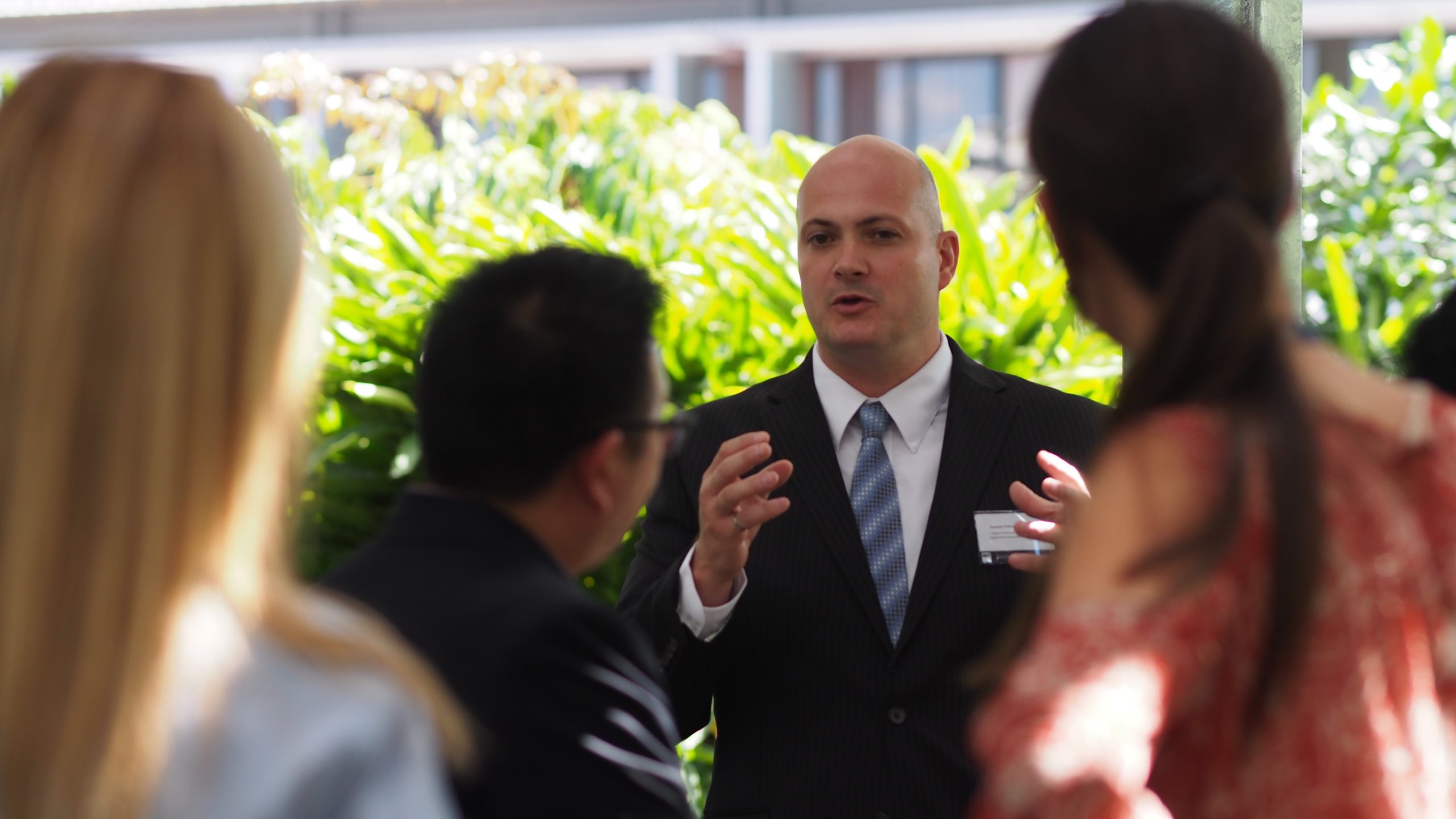
Rob Perrons has won a Fulbright Scholarship to work on ways to improve the supply chains for the technology minerals needed to make energy green.
The world’s transition to green energy will require significant amounts of so-called 'technology minerals'...but the mining community is not currently on track to satisfy anywhere near the anticipated demand.
Rob Perrons
A Gates Cambridge alumnus and energy expert has won a Fulbright Scholarship to study how blockchain technology can improve supply networks for technology minerals to speed the transition to a green global economy.
Rob Perrons [2001], who did his PhD in Engineering at Cambridge, will take up his scholarship later this year and will be working at the University of Delaware, the World Bank, and the U.S. Department of State.
He explains: "The world’s transition to green energy will require significant amounts of so-called 'technology minerals' – including metals like lithium and cobalt, which are commonly found in rechargeable batteries, or the tellurium that is used to make solar cells. However, the mining community is not currently on track to satisfy anywhere near the anticipated demand for many of these feedstock materials."
To address this, Rob's research will focus on developing an integrative framework for the policy- and business-related aspects of applying blockchain technology to make supply networks for technology minerals 'smart,' thereby helping to provide these inputs for green energy technologies.
He will remain an Associate Professor in Technology Management and Strategy at the Queensland University of Technology (QUT) in Brisbane, Australia, during his studies, but will temporarily relocate to the US for the duration of the Fulbright project.
Prior to joining the QUT in 2011, Rob worked in a wide variety of roles and locations for Shell International’s Exploration & Production division and served as the company’s Executive Coordinator of Research & Development. In addition to his position at QUT, Rob is a member of the United Nations’ Expert Group for Energy and Resources.












